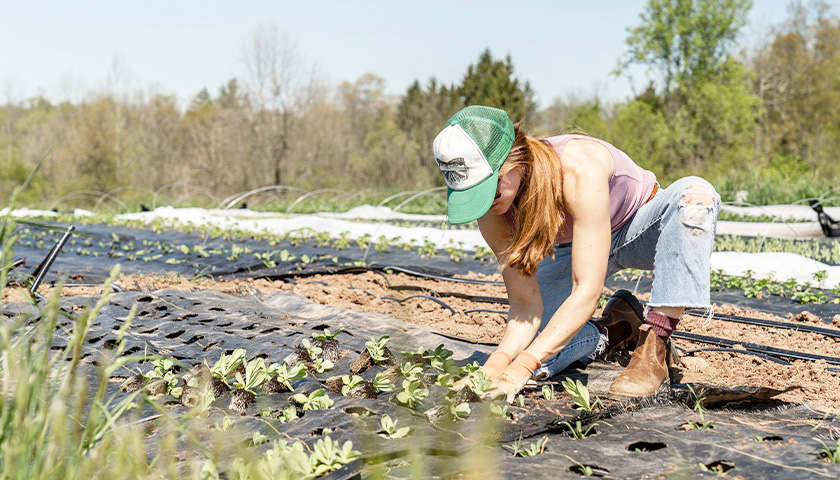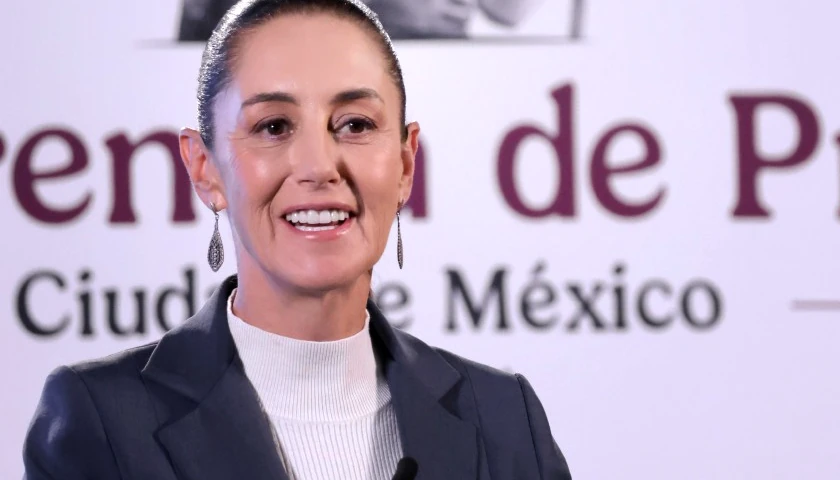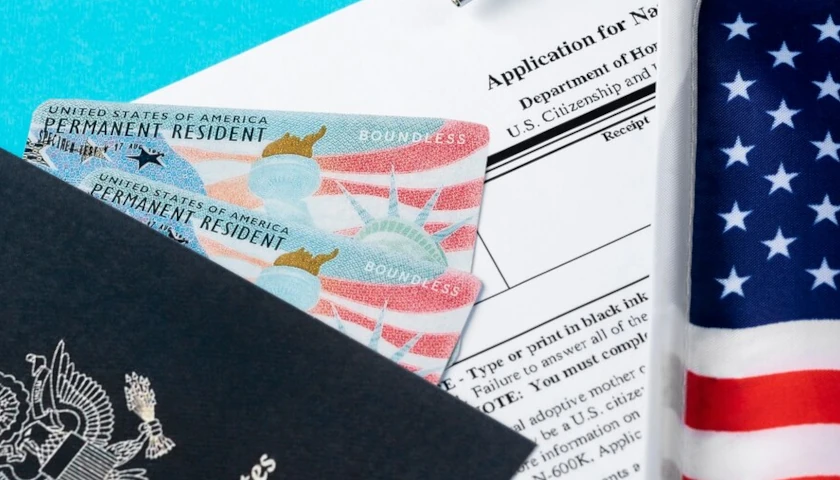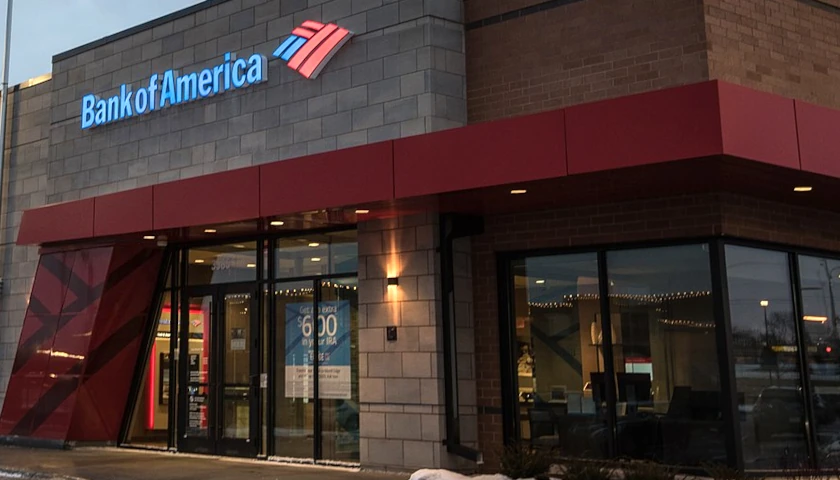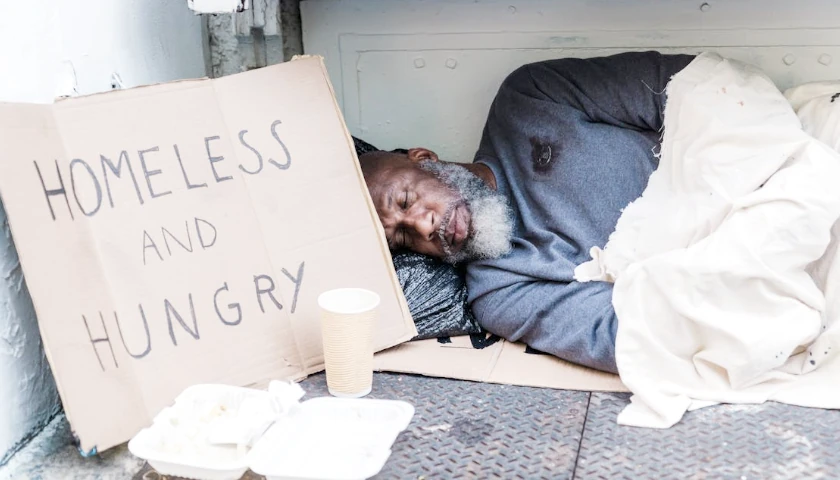by Madison Hirneisen
As thousands of Virginia families grapple with food insecurity, the state could soon renew and expand tax credits for farmers who donate surplus crops to nonprofit food banks under a bill sent to Gov. Glenn Youngkin’s desk this session.
Before the close of this year’s legislative session, lawmakers passed a bill that would allow farmers who donate food crops or “wholesome food” to a nonprofit food bank in the commonwealth to claim a tax credit equal to 50% of the fair market value of such donation. In total, each farmer could claim a maximum of $10,000 in tax credits for donations starting in the 2023 tax year. The bill has a sunset date of Jan. 1, 2028.
Virginia began offering a credit to farmers who donate food crops to nonprofit food banks under the Food Crop Donation Tax Credit in 2016. That credit, which sunset Jan. 1, 2022, provided a credit equal to 30% of the fair market value for crops and set a $5,000 cap for claimed tax credits.
The bill to renew the tax credit also expands products eligible for the tax credit by adding “wholesome foods,” which is defined in the bill as foods that meets all quality standards set by governments and includes “food that may not be readily marketable due to appearance, age, freshness, grade, surplus, or other condition.”
The original version of the tax credit that was passed in 2016 limited donations to just food crops – grain, fruits, nuts and vegetables.
By expanding the cap for the tax credit and making more kinds of food eligible for donation, supporters say the measure will benefit both farmers and food pantries across the commonwealth.
“Our farmers stand ready and willing to donate surplus food, but it has to make sense for their bottom lines as they incur many costs associated with harvesting, packing and transporting donated products,” the bill’s author Del. Elizabeth Bennett-Parker, D-Alexandria, said during a hearing on the bill in January. “With inflation continuing to hit Virginians hard at the grocery store, our food banks are continuing to see high levels of need.”
“Expanding the definition of types of food that may be donated under a tax credit will support both farmers and food banks and ensure that Virginia families have access to high quality, nutritious food,” she later added.
As of 2020, 7.7% of Virginia households were experiencing food insecurity – defined by the U.S. Department of Agriculture as the lack of access to enough food for an active, healthy life, according to Feeding America. During the COVID-19 pandemic, surveys showed food insecurity rose dramatically in Virginia.
A recent survey published by Virginia Tech researchers in December 2022 found nearly 60% of 2,018 Virginians surveyed reported experiencing food insecurity, with higher rates of food insecurity among households with children.
Advocates emphasized the greater need for nutritious produce in food pantries, particularly as inflation drives up the cost of groceries. When the bill was heard in a House committee in January, several advocates noted fresh produce from farms is one of the most-requested items food pantries need.
“Simply put, a vote for this bill is a vote for Virginia’s farmers,” Natalia De Los Rios, a Virginia Beach high school student and director of Food Rescue US – Virginia Beach, told lawmakers in January. “Their fresh produce is the most requested item from pantries we work with. Local farms supply us with thousands of pounds of excess fresh produce, as well as other wholesome foods like dairy, eggs, meat and baked goods that we take directly to family shelters and senior residences.”
The bill received broad bipartisan support in both the House and Senate as it wove through the legislature and received an unanimous vote in both chambers when it was advanced to the governor’s desk.
According to the state’s bill tracking system, the governor has a March 27 deadline to act on the legislation.
– – –
Madison Hirneisen is a staff reporter covering Virginia and Maryland for The Center Square. Madison previously covered California for The Center Square out of Los Angeles, but recently relocated to the DC area. Her reporting has appeared in several community newspapers and The Washington Times.
Photo “Farmer” by Zoe Schaeffer.

